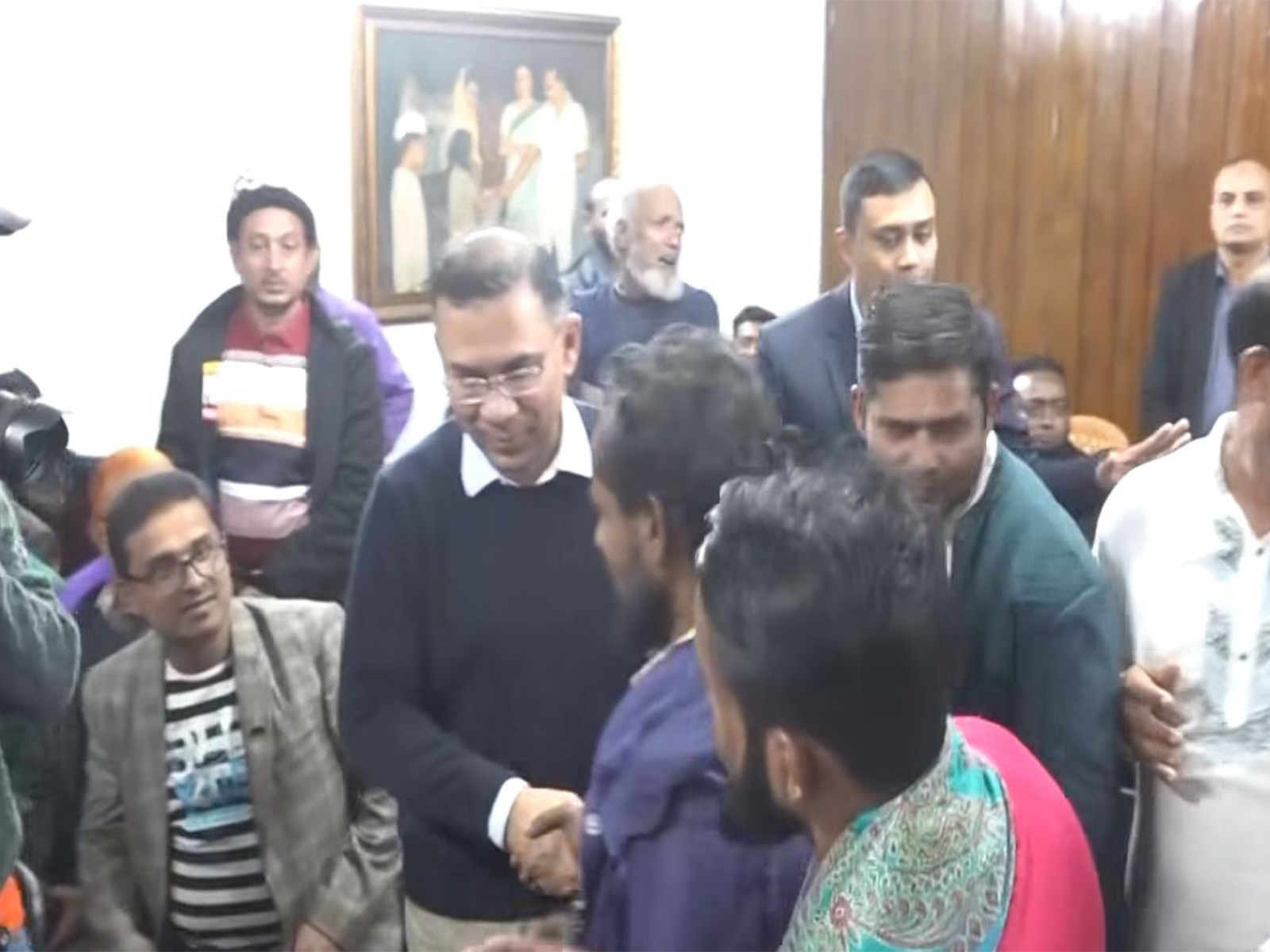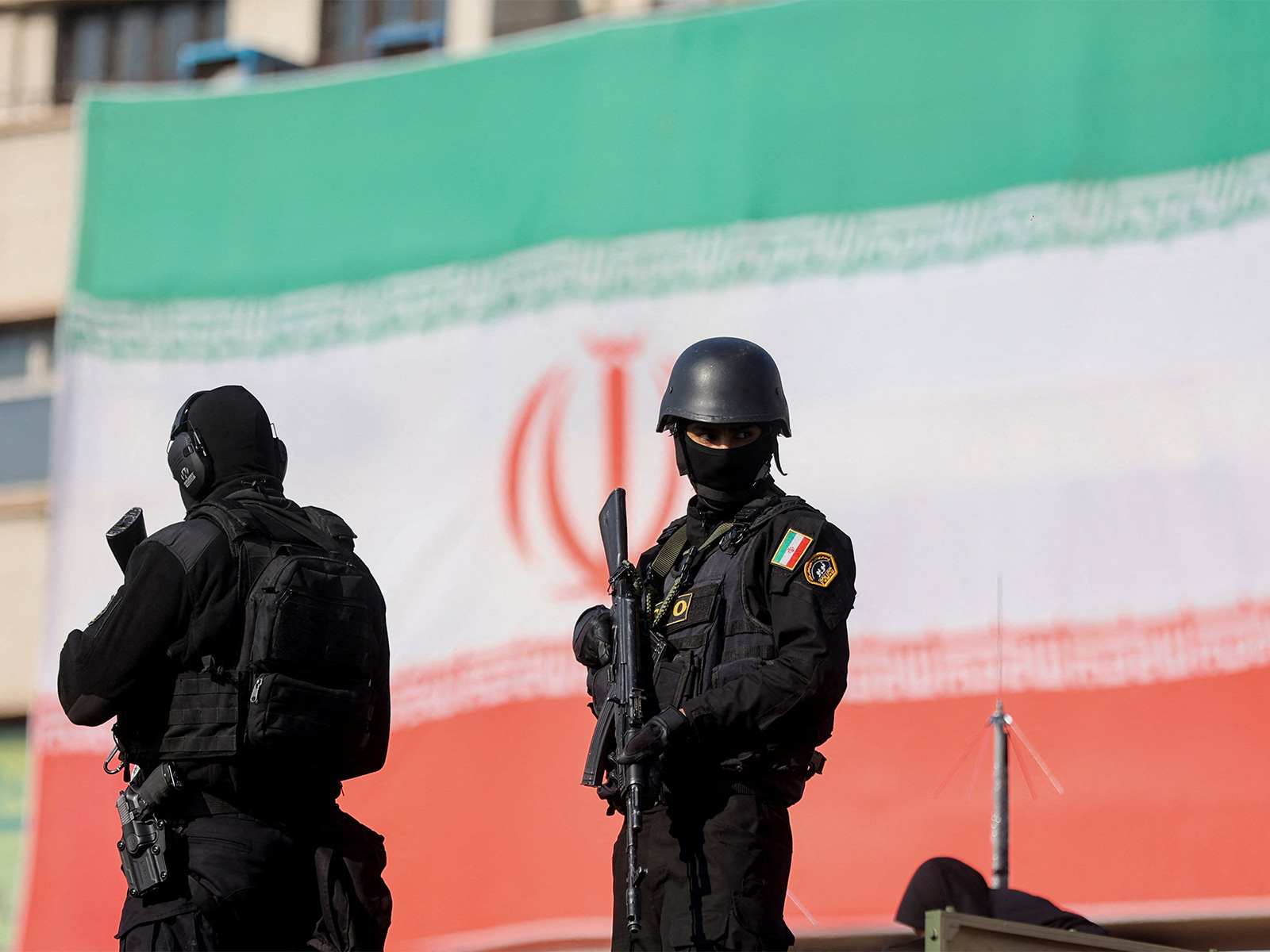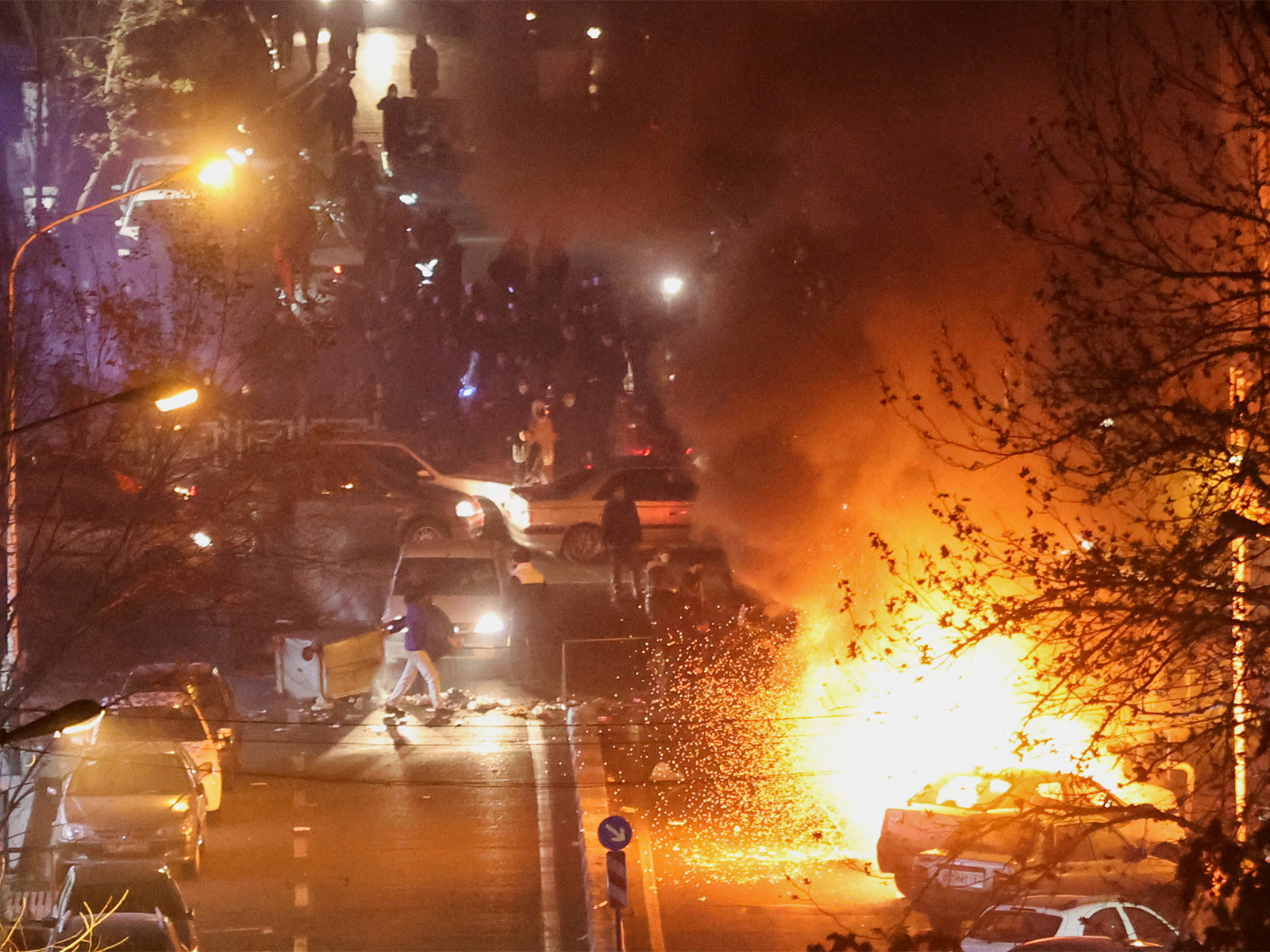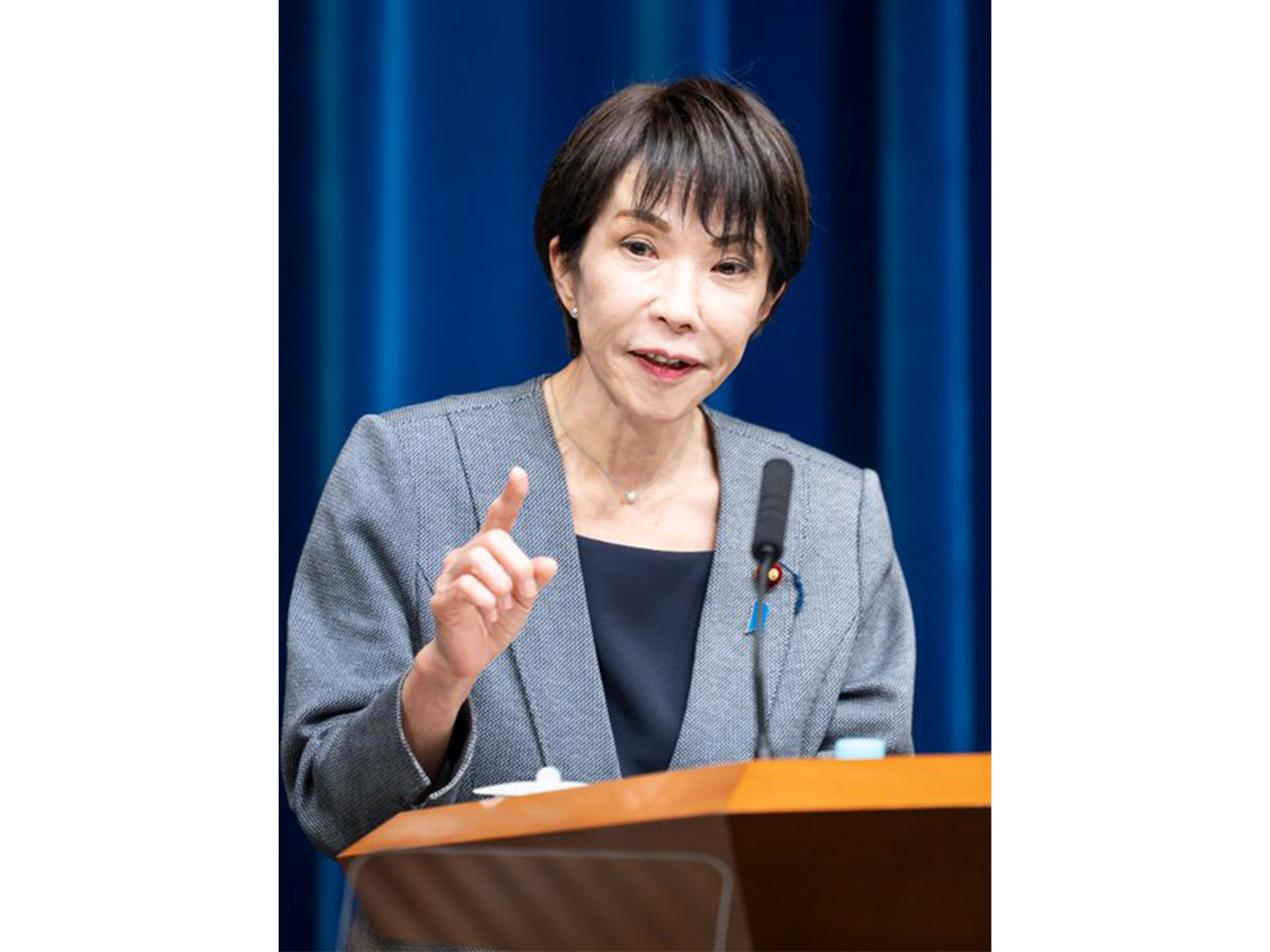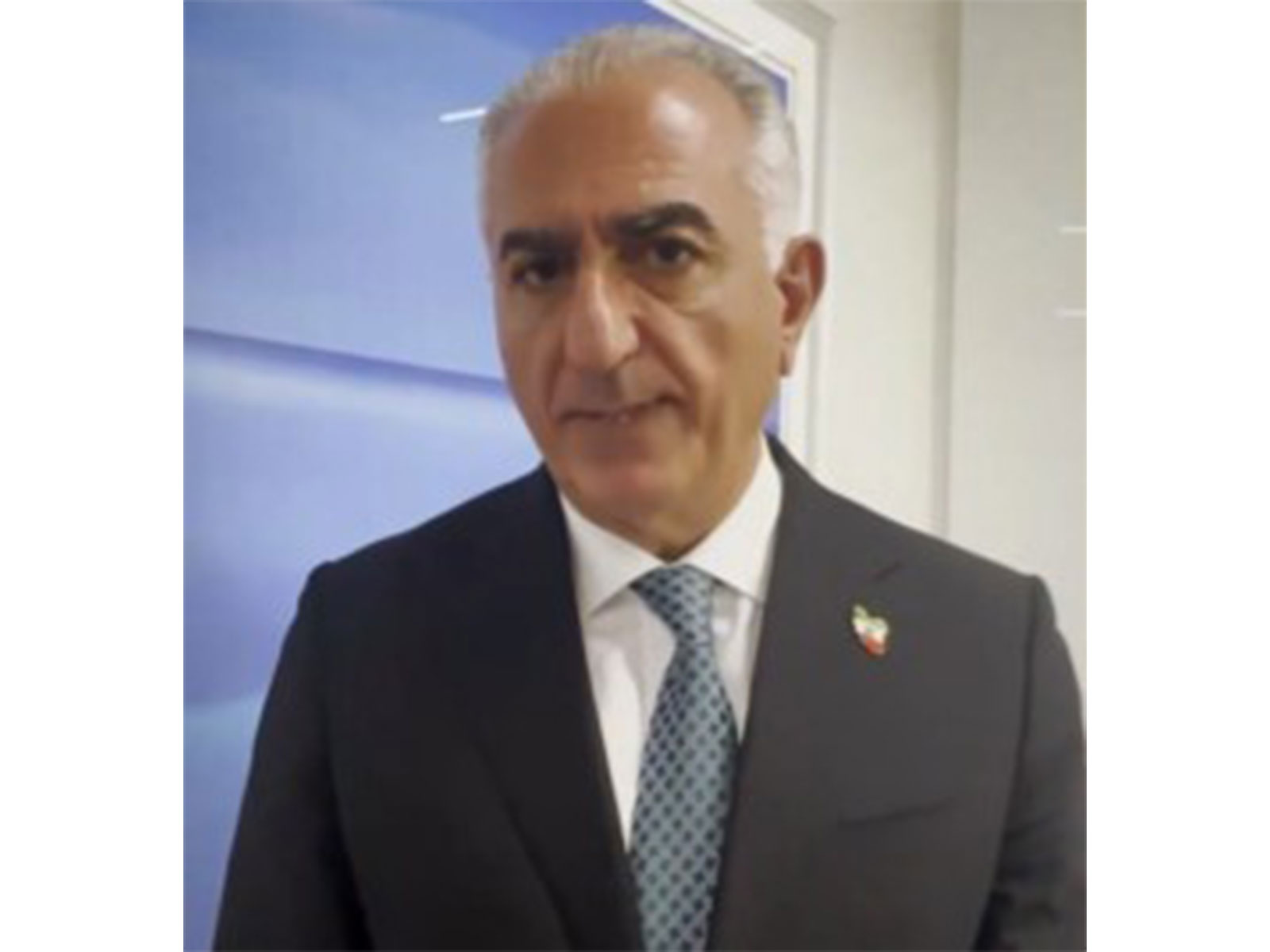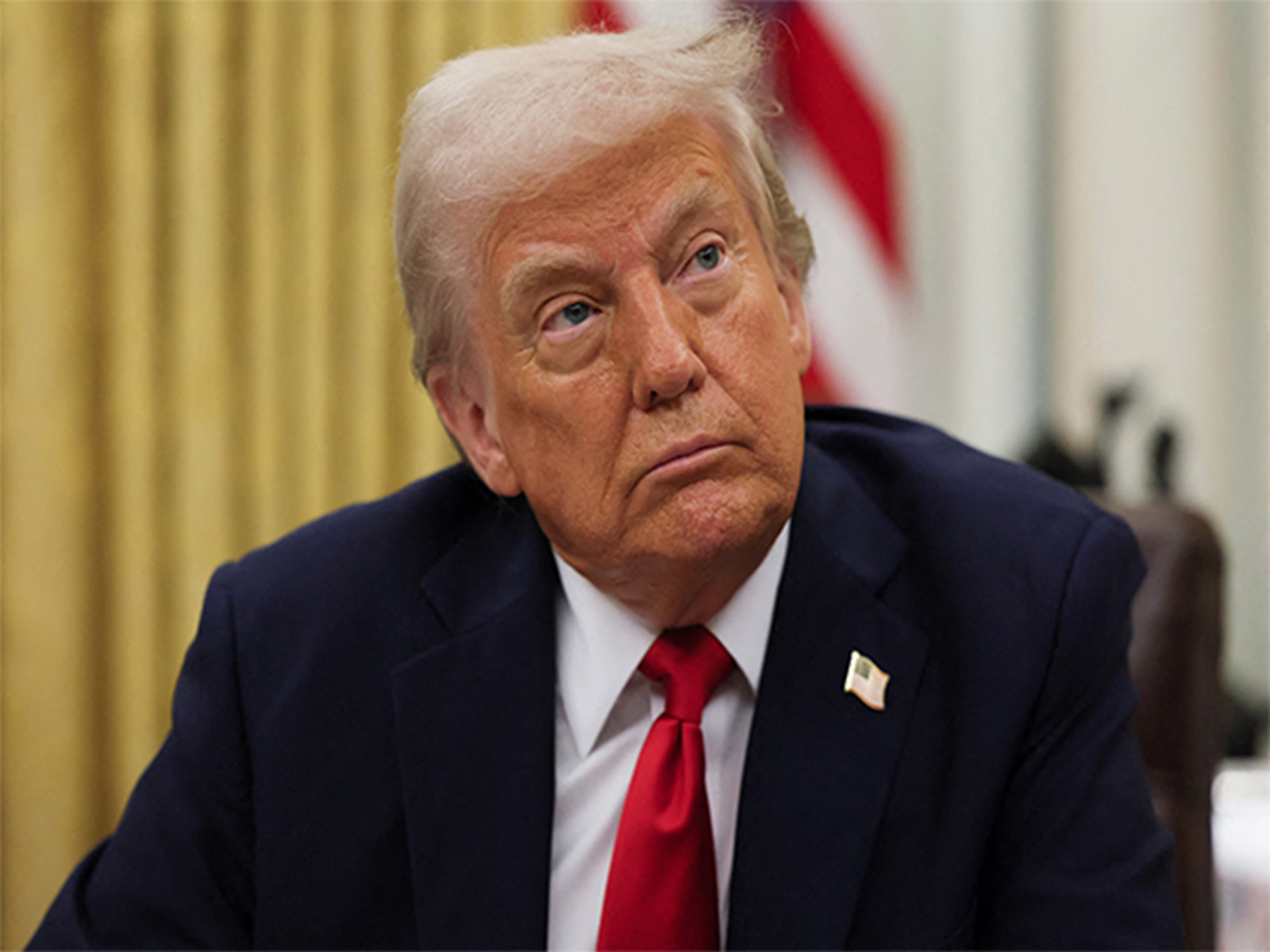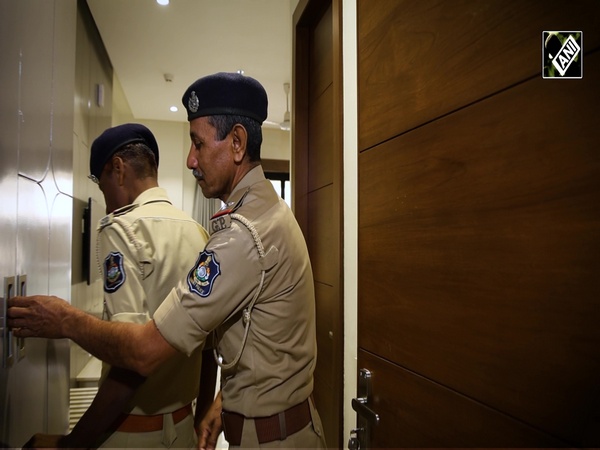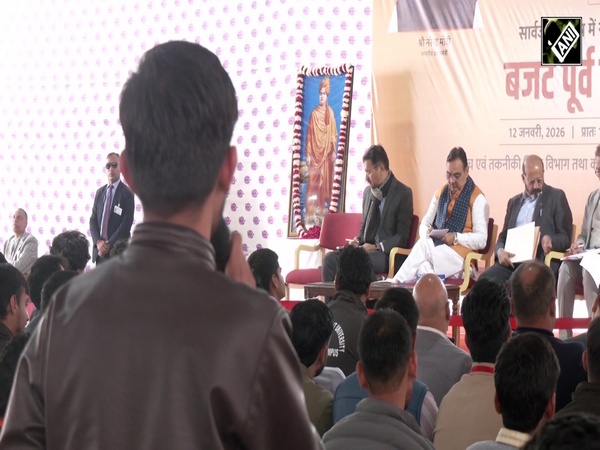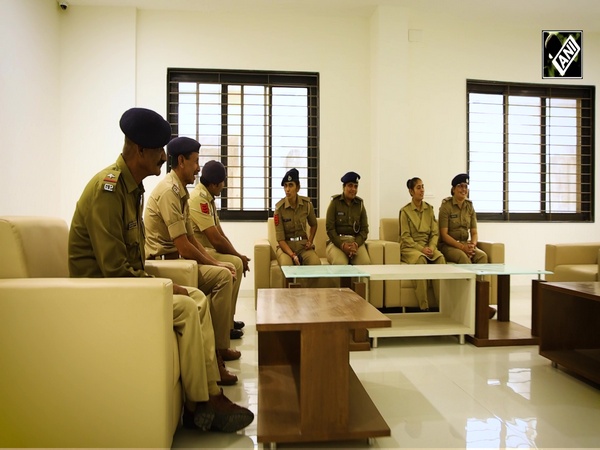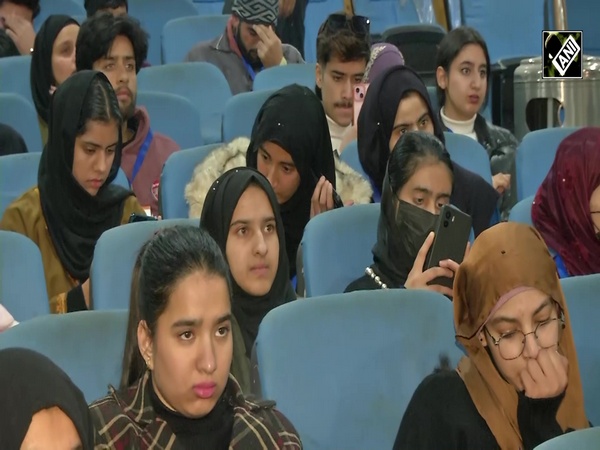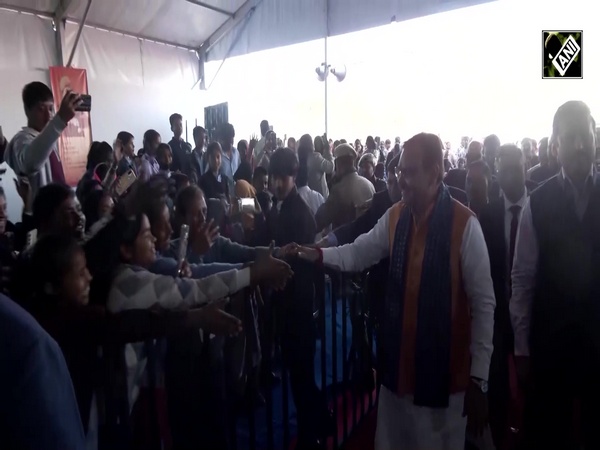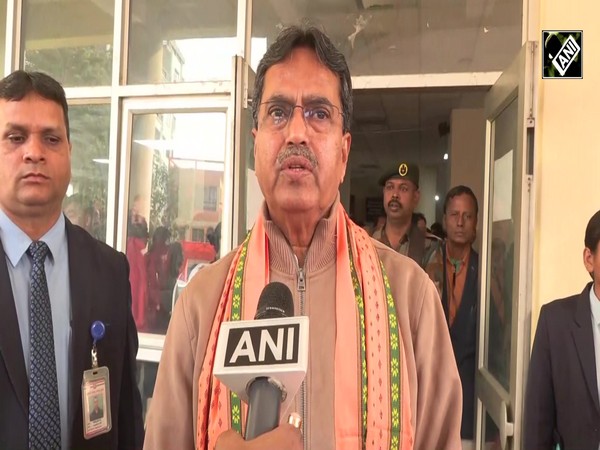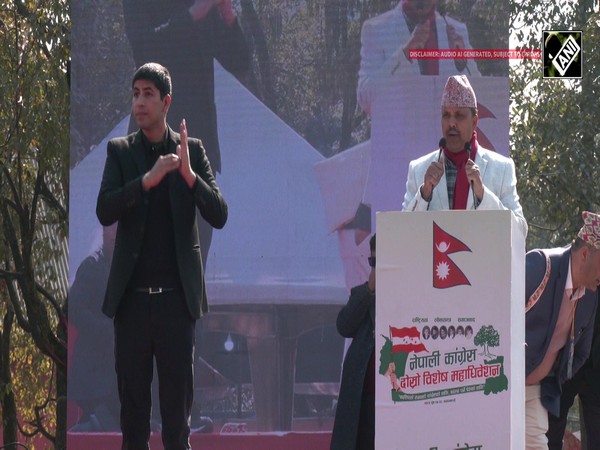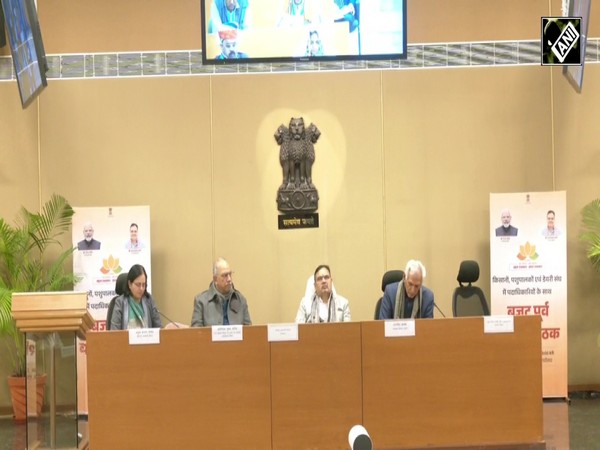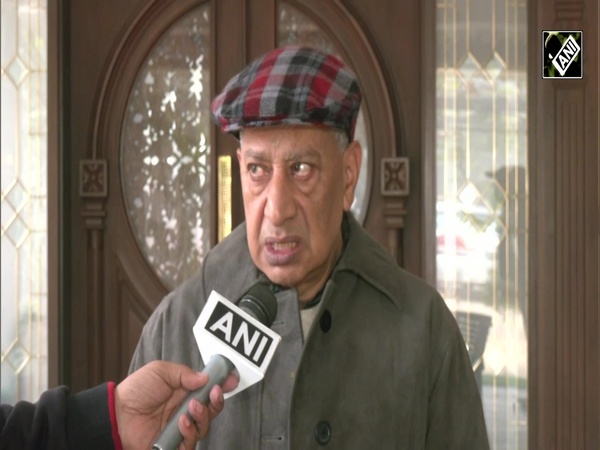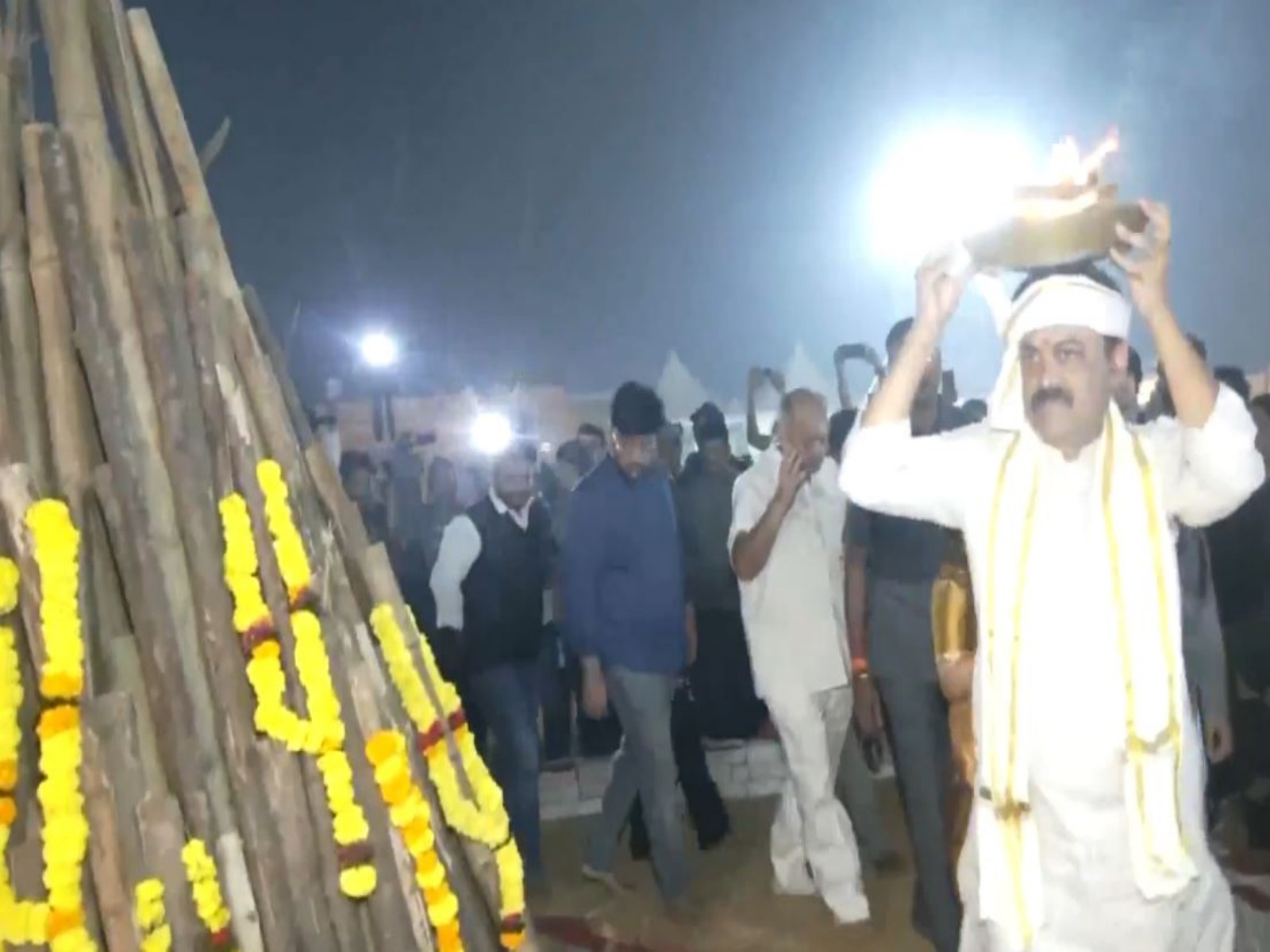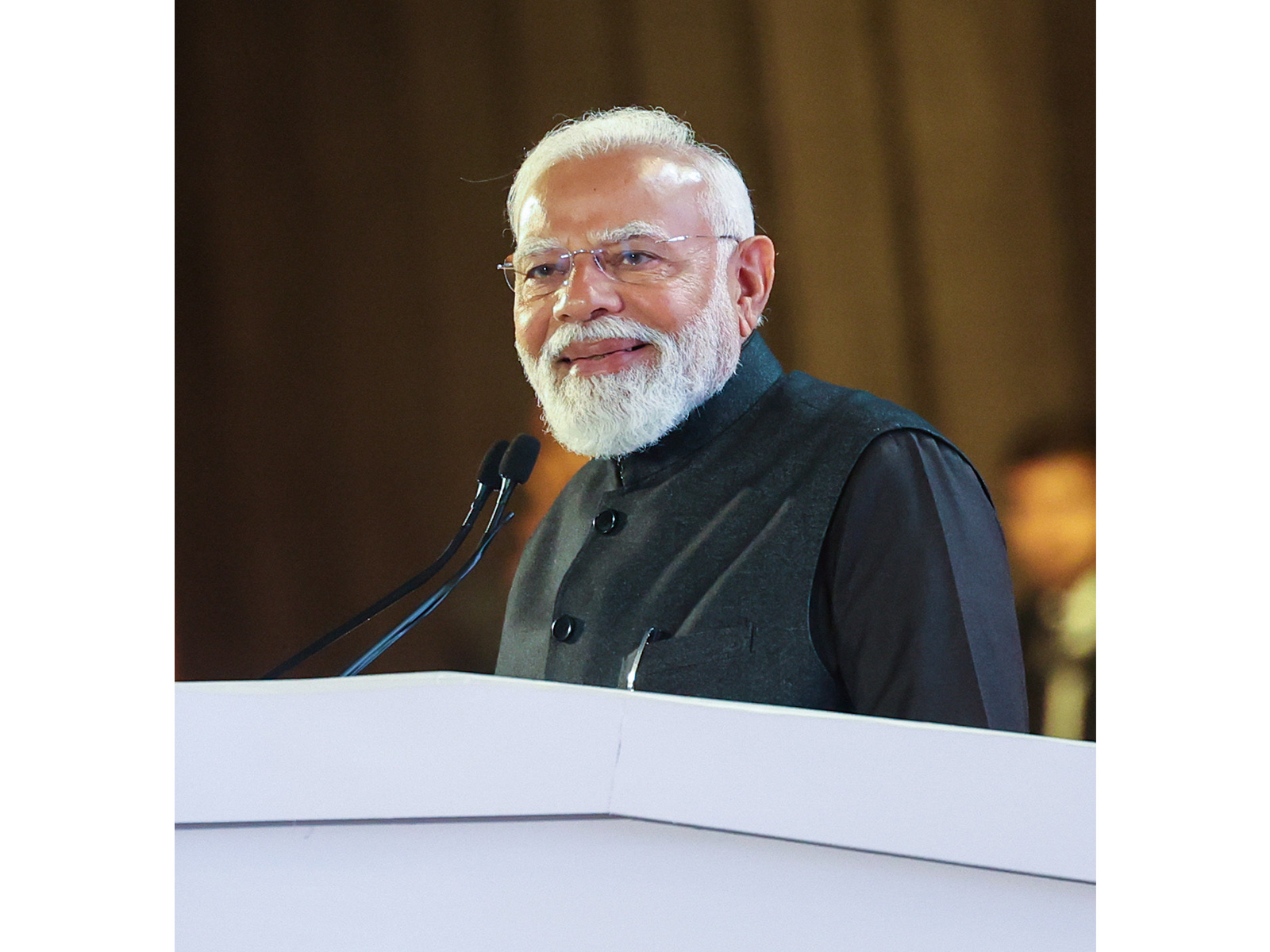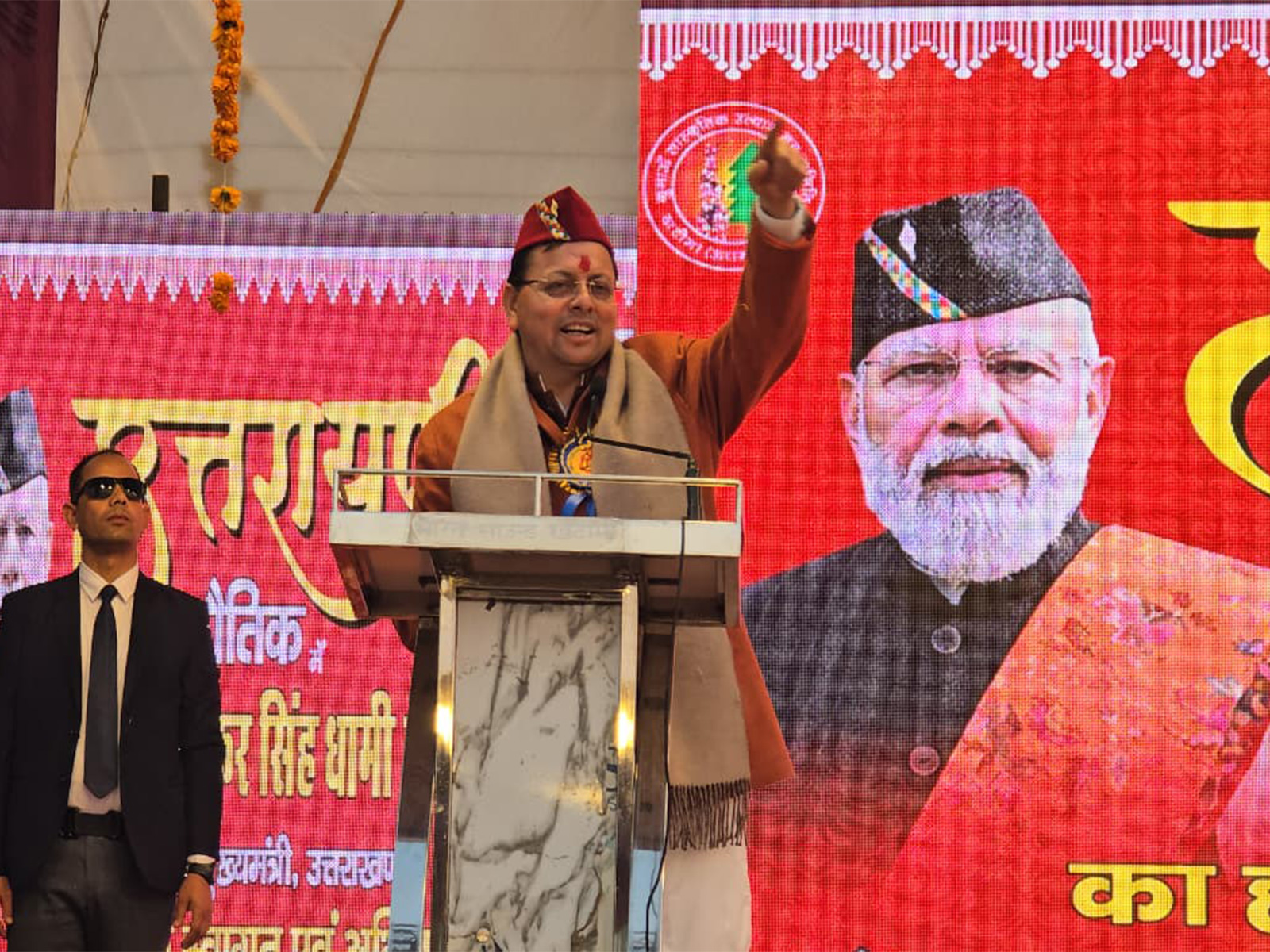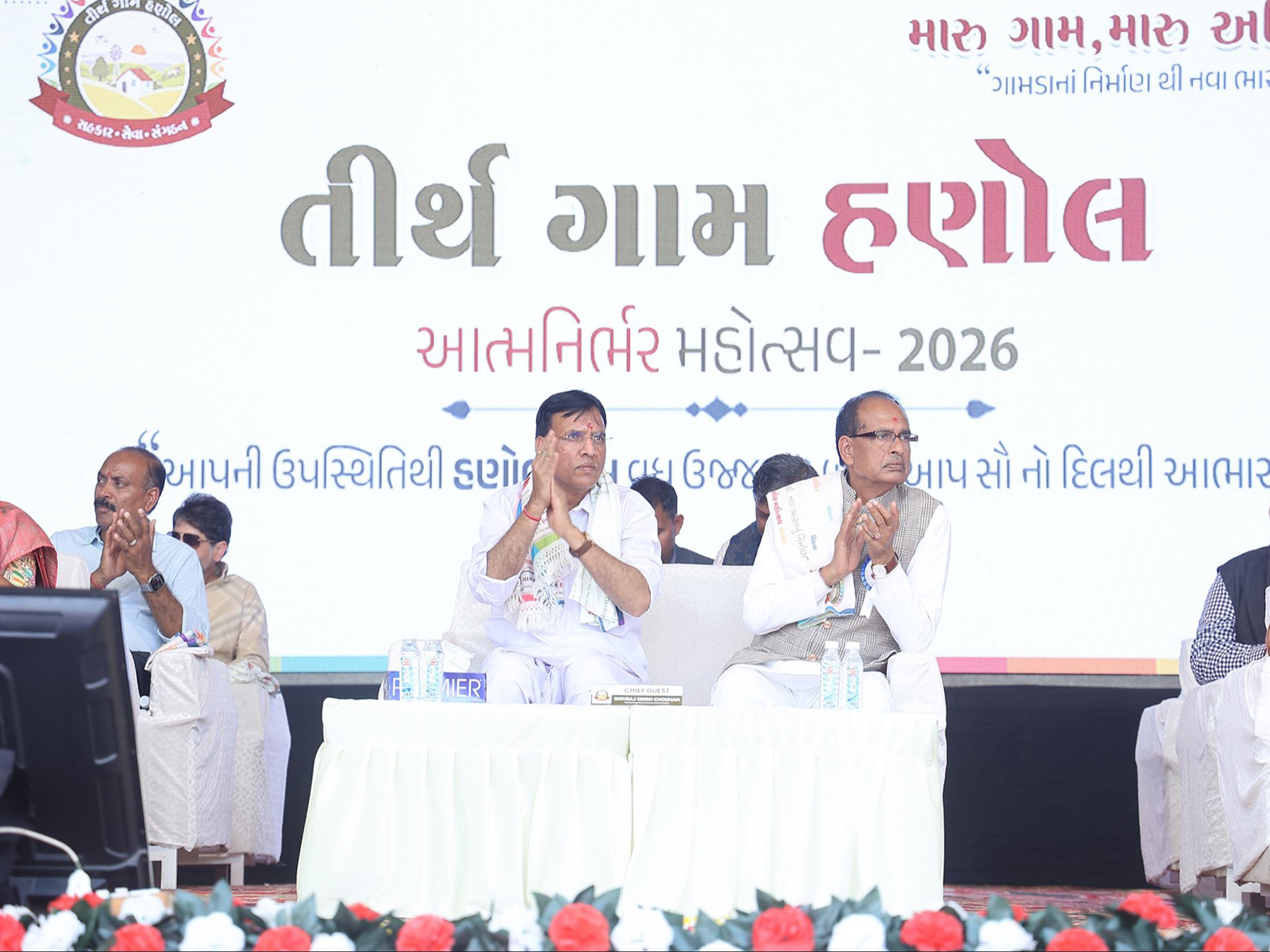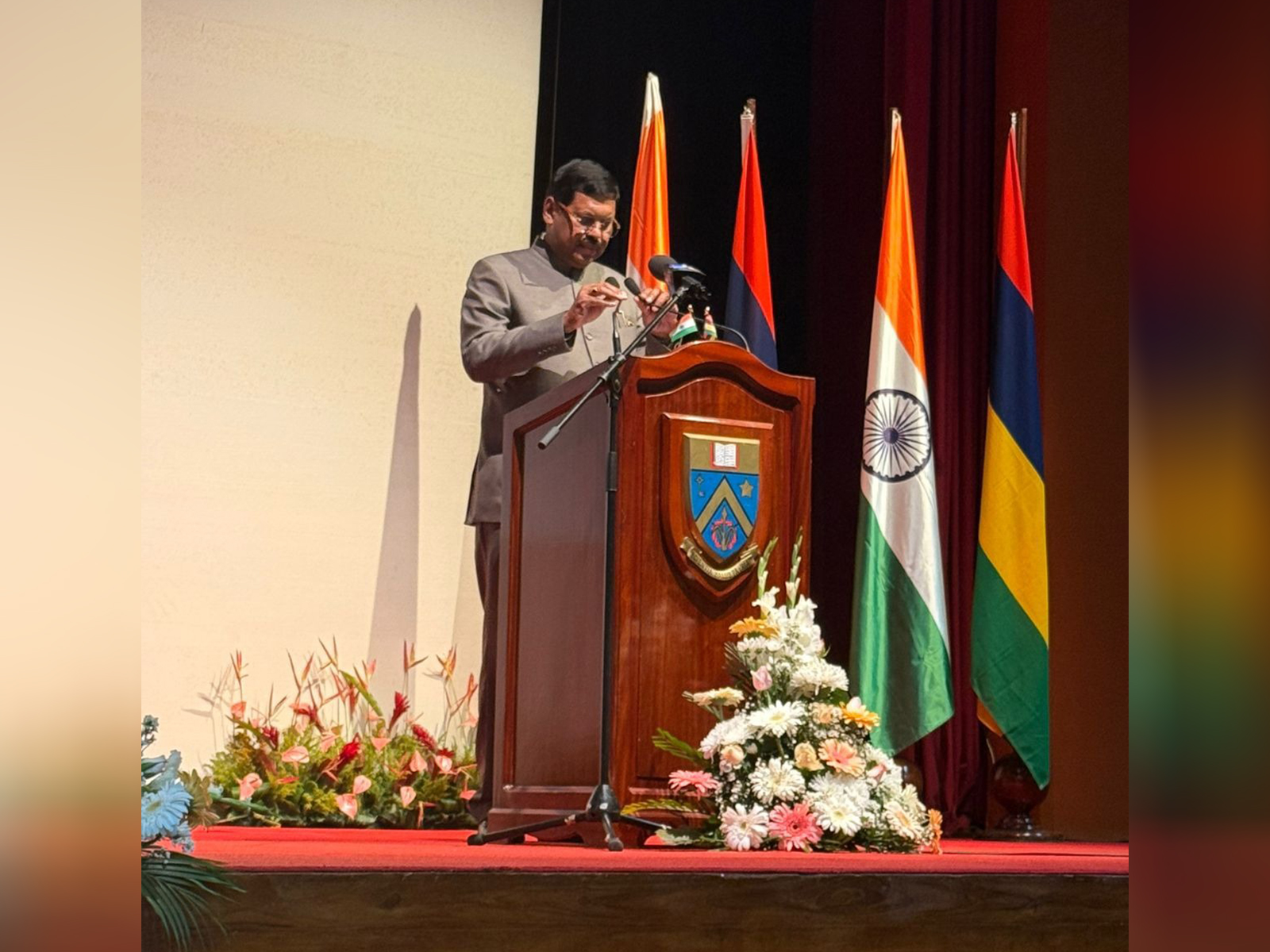
Indian legal system is governed by rule of law not of bulldozer: CJI BR Gavai
Oct 04, 2025
Port Louis [Mauritius], October 4 : The Chief Justice of India (CJI) BR Gavai on Friday said that the Supreme Court's ruling that held that demolition of homes of accused persons by the State authorities violates the rule of law and infringes upon the fundamental right to shelter under Article 21 sent a clear message that the Indian legal system is not governed by rule of the bulldozer.
CJI Gavai was speaking at the Inaugural Sir Maurice Rault Memorial Lecture 2025 in Mauritius on the topic "Rule of Law in the Largest Democracy".
Highlighting the constitutional role of the judiciary, CJI Gavai noted that the Supreme Court of India has consistently invoked the principle of the Rule of Law to both justify and elucidate its function within the constitutional framework.
He stated, "While adopting a broader understanding of the Rule of Law, we held that the various processes enshrined in constitutional law, criminal law and procedural law are themselves important facets of the Rule of Law. These processes serve as essential mechanisms to regulate the exercise of executive power, ensuring that authority is exercised fairly, justly, and within the bounds of law."
Furthermore, the CJI emphasised that the ruling held that the executive cannot assume the roles of judge, jury, and executioner simultaneously.
"Guidelines were thus laid down to ensure that no demolition may take place in the future without strictly following the established legal procedures", the CJI added.
The CJI also stated that the rule of law is an ever-evolving concept, which is not an uncontested, universal formula that varies from society to society. In India, the rule of law has meant as an insistence on non-arbitrariness and human dignity as central to constitutionalism, while in Mauritius, under the leadership of jurists like Sir Maurice Rault, it has meant affirming judicial independence, limiting discretion,and ensuring that law, not men, governs, the CJI added.
The CJI explained that though these articulation over rule of law vary, they are united by a common conviction that law must be a check on power and a guarantor of fairness.
Justice Gavai also paid tribute to Maurice Rault, calling him a jurist who embodied justice and fairness, and congratulated Justice BR Mungly Gulbul, the first woman Chief Justice of Mauritius.
He thanked the country's Attorney General, the Bar Association, and the Institute for Judicial and Legal Studies for organising the lecture. He also linked India's and Mauritius' democratic traditions to the legacy of Mahatma Gandhi, whose 156th birth anniversary was observed on October 2.
While asserting on the dynamic nature of the rule of law, the CJI stated that it is not a rigid doctrine but a conversation across generations, between judges and citizens, parliaments and peoples, nations and their histories.
"It is about how we govern ourselves in dignity, and how we resolve the inevitable conflicts of liberty and authority in a democratic society", the CJI added while concluding the lecture.
